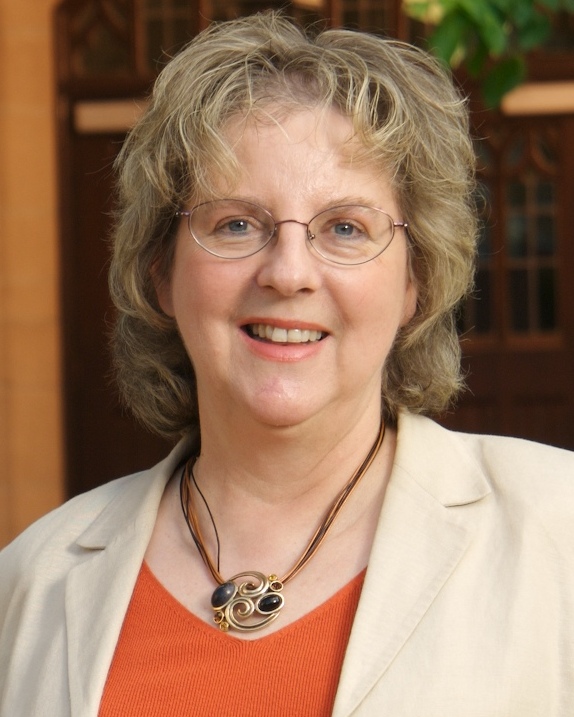DEAN’S MESSAGE: Grrrrrr! UF COE has answers for education gremlins’ timeworn grrrrrumblings
 Although Halloween is over, the education gremlins are still lurking in state and national policy circles. What are the education gremlins? They are the imps who whisper in policymakers’ ears that colleges of education are not sufficiently meeting the challenge of preparing the next generation of high-quality teachers to help increase student learning, especially in the nation’s most underserved schools.
Although Halloween is over, the education gremlins are still lurking in state and national policy circles. What are the education gremlins? They are the imps who whisper in policymakers’ ears that colleges of education are not sufficiently meeting the challenge of preparing the next generation of high-quality teachers to help increase student learning, especially in the nation’s most underserved schools.
One of them even caught Arne Duncan, the U.S. Secretary of Education, who recently gave two important and timely speeches about teacher preparation. In his first speech at the University of Virginia, Secretary Duncan fell under their spell and recited the timeworn canards about colleges of education:
- they are too focused on theory and too little on clinical practice;
- students lack the academic skills of peers in other disciplines;
- too little attention is paid to helping future teachers work effectively with culturally and linguistically diverse students;
- education schools fail to partner with school districts in developing and disseminating interventions backed by rigorous research.
Fortunately, in his second speech at Teachers College-Columbia University, Duncan escaped the gremlins’ clutches, and commented that many colleges of education have done an excellent job of preparing high-quality teachers, although he noted many have yet to reach a high bar of excellence.
The aspects of both speeches that caught my attention were these: a prominent education official openly praised the significant role teachers have in educating future citizens; underscored the fact that education colleges are expected to prepare the majority of 200,000 new teachers this country will need by 2014; and identified the characteristics of outstanding programs, which he mentioned by name.
My only regret is that he didn’t include the UF College of Education, since our teacher education programs, both for initial preparation of new teachers as well as continuing professional development for practicing teachers, embody many of these characteristics.
Our ProTeach programs at the elementary and secondary level, which have been nationally accredited by NCATE since 1954, feature rigorous clinical preparation, placement in professional development schools working with master teachers, strong academic content, a focus on effective strategies for struggling learners and those with special needs, and a commitment to using data to improve student learning through action research and teacher inquiry projects.
In addition, we offer two post-B.A. programs designed to prepare teachers for urban schools, both of which involve extensive time in schools either as a residency program or a year-long internship. We have also developed a close partnership with the College of Liberal Arts and Sciences to prepare math and science teachers in our UFTeach model, which is based on the highly successful UTEACH program first developed at the University of Texas at Austin.
Thanks to our Lastinger Center for Learning, I firmly believe UF has the most innovative and far-reaching teacher professional development program in the country–known as the job embedded master’s degree. We now have a presence in over 250 schools across Florida where teachers are earning their master’s degree simultaneously while working on the job and applying what they learn about research-based practices in their classrooms. It’s a perfect fusion of theory and practice seamlessly blended where teachers test insights gained from classes the night before, and return the next week to report on what worked and what didn’t.
Ironically, many of the teachers enrolled in this hybrid online program are those who come from the alternative certification programs that Secretary Duncan singled out for praise such as Teach for America.
At the same time, I agree with him that education colleges should emulate Teach for America’s rigorous selection process for admission into teaching, and the use of videotaped demonstrations to help candidates improve their performance. I also note that in our upcoming NCATE reaccreditation visit in spring, 2010, we will be one of the first colleges of education to pilot the new Continuous Improvement option and to engage in a Transformation Initiative. Adopting these new options demonstrates UF’s commitment to greater accountability by using data generated on an annual basis to make substantive program changes.
The education gremlins will always be around, but their power will be greatly diminished the more policymakers learn about the outstanding work done by many colleges of education, particularly at the University of Florida. The real winners are the children in Florida’s schools, and college faculty and the education professionals we prepare are fully cognizant of the need to provide the highly educated workforce for meeting the demands of the 21st century economy.
— Catherine Emihovich, Professor and Dean




